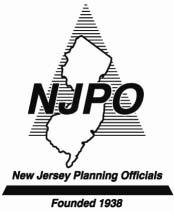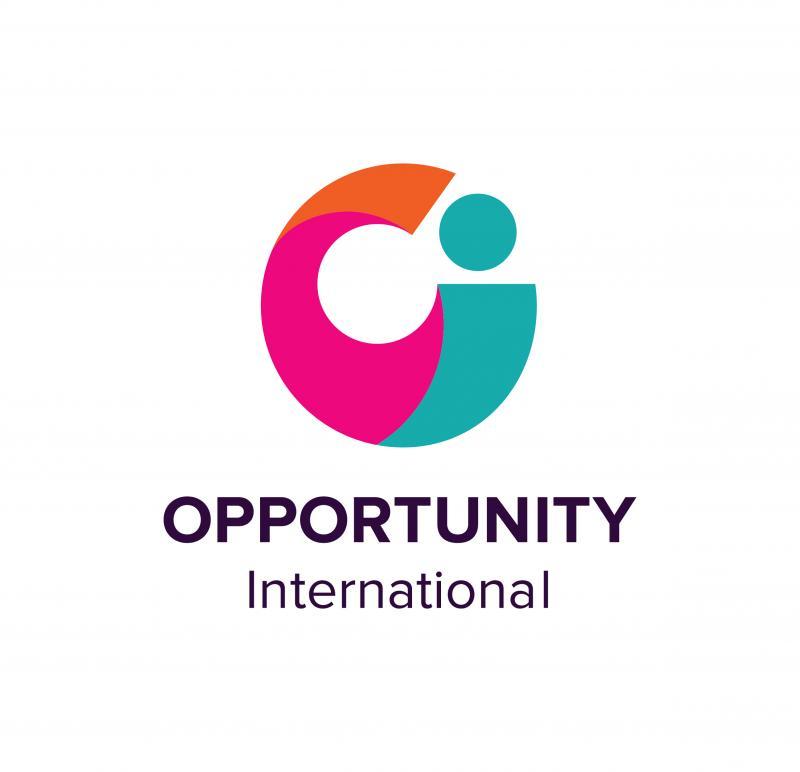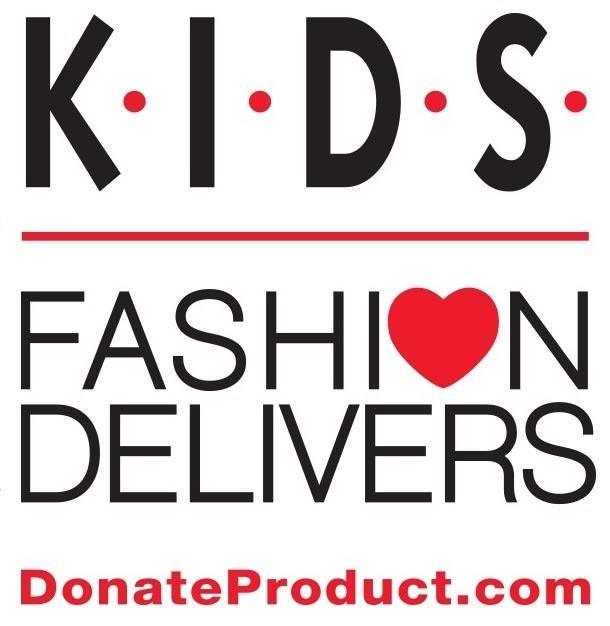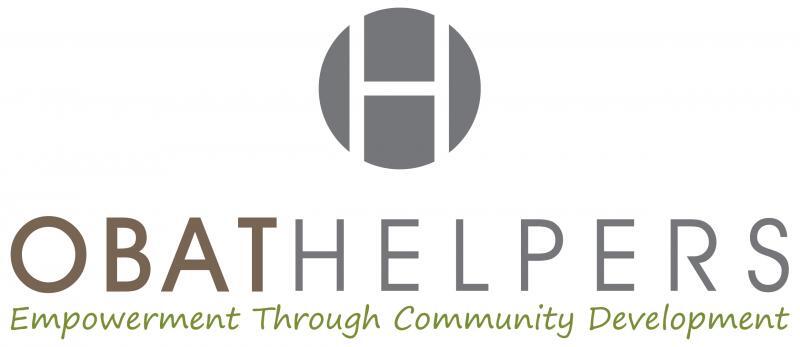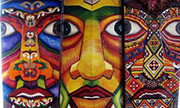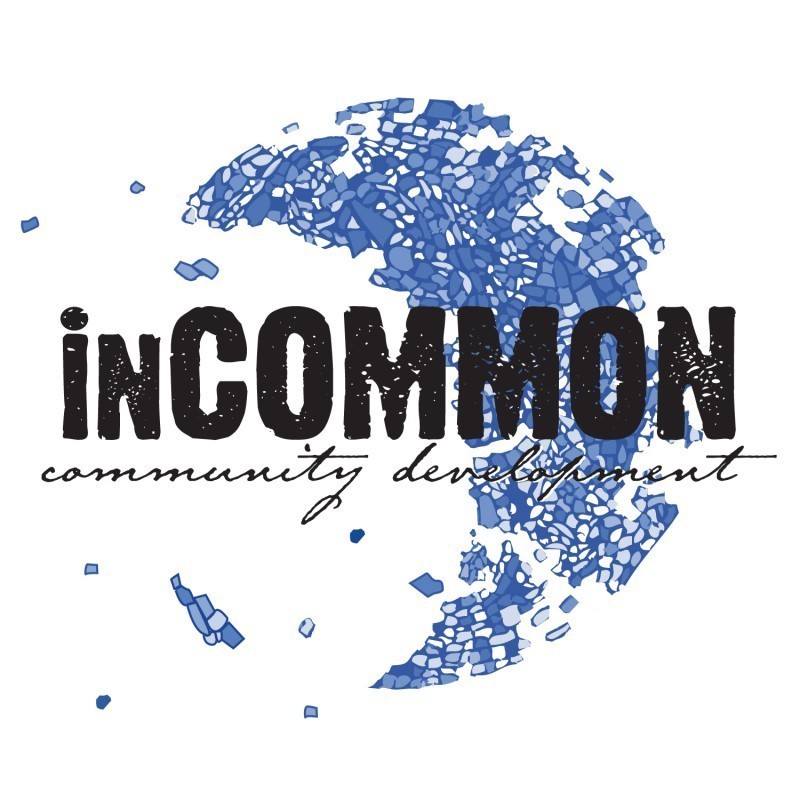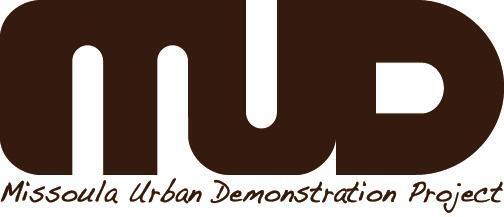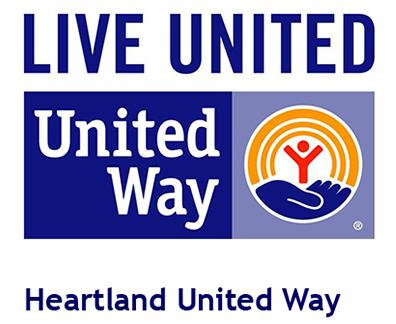Causes: Ambulatory & Primary Health Care, Economic Development, Education, Educational Services, Health, International, International Economic Development, Microfinance
Mission: Our mission is to break the cycle of poverty in India, Nepal and Sri Lanka by empowering marginalized people with skills, services and infrastructure grounded in sustainable development. We work directly with community-based nonprofits that operate with minimal overhead. We serve people regardless of religion or caste. We also work one-on-one with donors who have a specific dream of giving back to India.
Results: Here are few examples to give you an idea about how IDRF's sustainable development programs have helped thousands of marginalized people lead a life of dignity!1.) IDRF helped an Indian-American fulfill his dream of establishing a school in his native village in Uttar Pradesh. Initially it served only one village, but today the school has grown and provides affordable value-based education to 1000+ students from 30 villages. IDRF has also helped the school get 6 school buses to help transport children from the far off villages. These poor kids regularly outperform the state and local averages on their exams. 2.) In another instance, we helped our partner NGO introduce self-help groups in more villages, and add training in women's rights, healthcare, and small business skills. Today these self-help groups send and lend collectively and organize thousands of workshops in their villages. About 12,000 women in 100+ villages participate in this program. 1,000+ self-help group members have started small local businesses through revolving micro-credit provided by IDRF. 100% of the group members manage their own finances, which is a major accomplishment for poor rural women with limited literacy skills. 3.) IDRF has also turned disasters into opportunities for development. IDRF has sent financial support to provide immediate relief kits to hundreds of poor people affected by cyclones, floods and various other disasters. IDRF also helps rehabilitate the victims by helping rebuild/repair their houses and set up their livelihoods once again. For the victims of the Nepal Earthquake in 2015, IDRF sent immediate relief kits to the victims and helped setup an ICU at the local hospital to conduct surgeries for the severely injured victims. In the wake of the 1990 Odisha supercyclone, IDRF introduced and tested a new variety of water-tolerant rice. Hundreds of families, who used to lose crops each year to floods, received seeds and farm inputs to reestablish their income.
Target demographics: Underprivileged people without consideration of caste, creed or religion
Direct beneficiaries per year: 10,000+ people
Geographic areas served: India, Nepal and Sri Lanka
Programs: Free and quality education to tribal and poor girls, scholarships for deserving students, forming self-help groups for poor rural women, micro-credit for women-led small business enterprises, modern and efficient organic farming techniques, constructing rural sanitation units to end open defecation, drinking water harvesting and security in arid areas, generating electricity by renewable and clean energy resources, free health care for the poor and needy, mobile medical care for people in remote hilly areas, good governance, and disaster relief and rehabilitation for victims of natural and man-made disasters, etc.
Mission: Our mission is to break the cycle of poverty in India, Nepal and Sri Lanka by empowering marginalized people with skills, services and infrastructure grounded in sustainable development. We work directly with community-based nonprofits that operate with minimal overhead. We serve people regardless of religion or caste. We also work one-on-one with donors who have a specific dream of giving back to India.
Results: Here are few examples to give you an idea about how IDRF's sustainable development programs have helped thousands of marginalized people lead a life of dignity!1.) IDRF helped an Indian-American fulfill his dream of establishing a school in his native village in Uttar Pradesh. Initially it served only one village, but today the school has grown and provides affordable value-based education to 1000+ students from 30 villages. IDRF has also helped the school get 6 school buses to help transport children from the far off villages. These poor kids regularly outperform the state and local averages on their exams. 2.) In another instance, we helped our partner NGO introduce self-help groups in more villages, and add training in women's rights, healthcare, and small business skills. Today these self-help groups send and lend collectively and organize thousands of workshops in their villages. About 12,000 women in 100+ villages participate in this program. 1,000+ self-help group members have started small local businesses through revolving micro-credit provided by IDRF. 100% of the group members manage their own finances, which is a major accomplishment for poor rural women with limited literacy skills. 3.) IDRF has also turned disasters into opportunities for development. IDRF has sent financial support to provide immediate relief kits to hundreds of poor people affected by cyclones, floods and various other disasters. IDRF also helps rehabilitate the victims by helping rebuild/repair their houses and set up their livelihoods once again. For the victims of the Nepal Earthquake in 2015, IDRF sent immediate relief kits to the victims and helped setup an ICU at the local hospital to conduct surgeries for the severely injured victims. In the wake of the 1990 Odisha supercyclone, IDRF introduced and tested a new variety of water-tolerant rice. Hundreds of families, who used to lose crops each year to floods, received seeds and farm inputs to reestablish their income.
Target demographics: Underprivileged people without consideration of caste, creed or religion
Direct beneficiaries per year: 10,000+ people
Geographic areas served: India, Nepal and Sri Lanka
Programs: Free and quality education to tribal and poor girls, scholarships for deserving students, forming self-help groups for poor rural women, micro-credit for women-led small business enterprises, modern and efficient organic farming techniques, constructing rural sanitation units to end open defecation, drinking water harvesting and security in arid areas, generating electricity by renewable and clean energy resources, free health care for the poor and needy, mobile medical care for people in remote hilly areas, good governance, and disaster relief and rehabilitation for victims of natural and man-made disasters, etc.
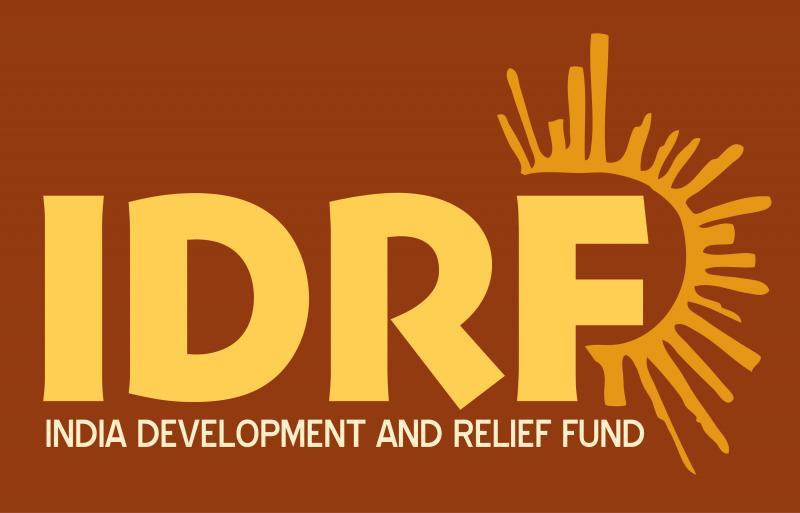
Economic Development
N Bethesda



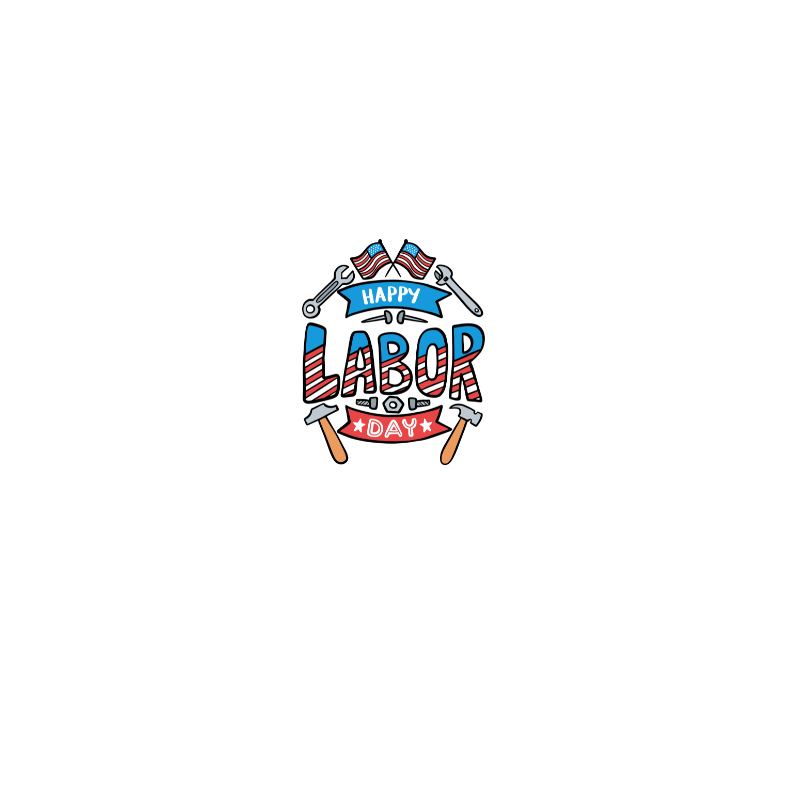

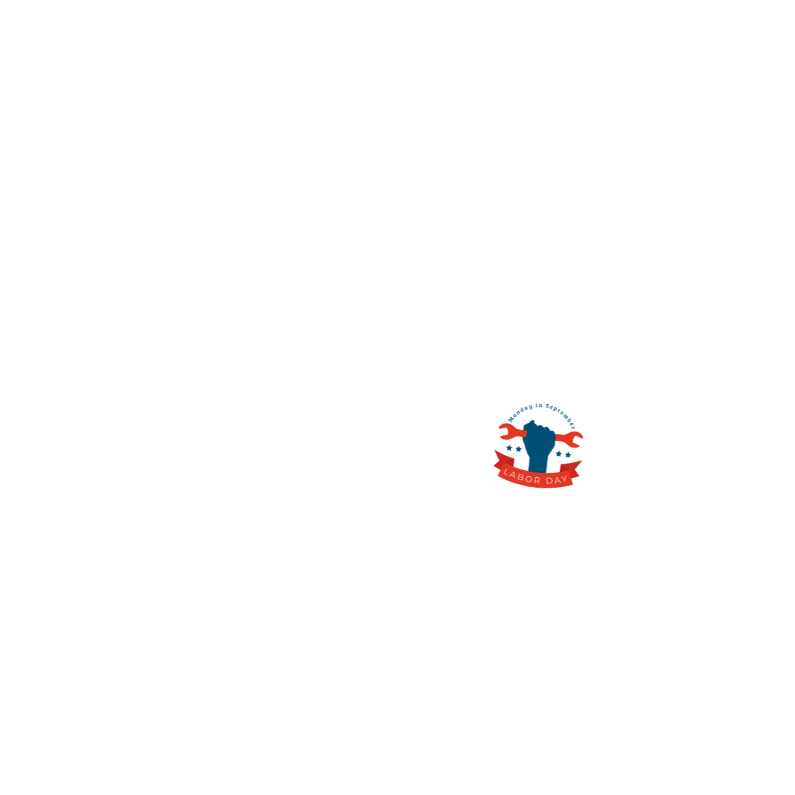

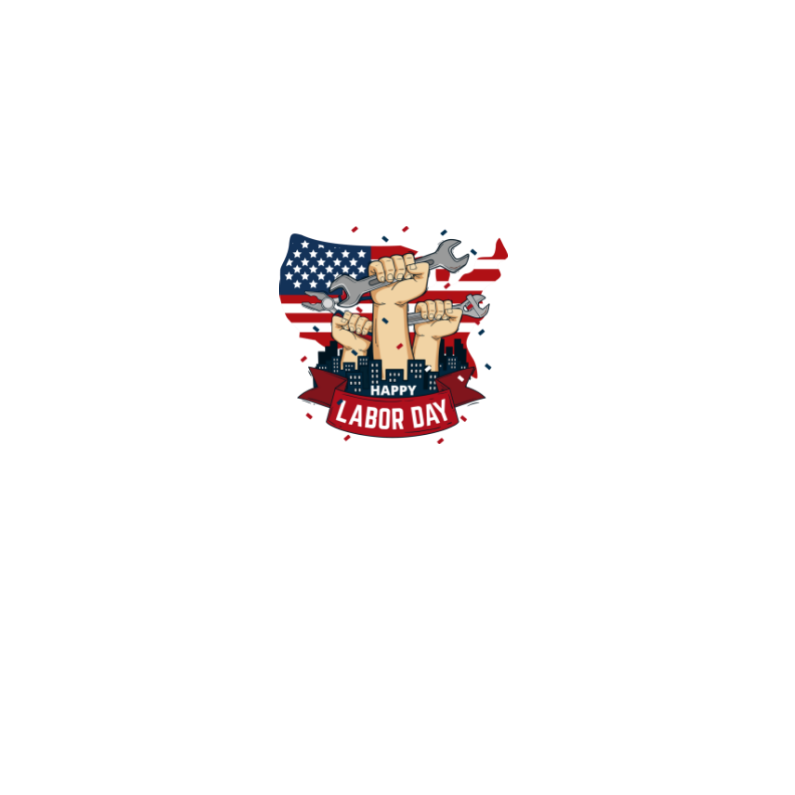

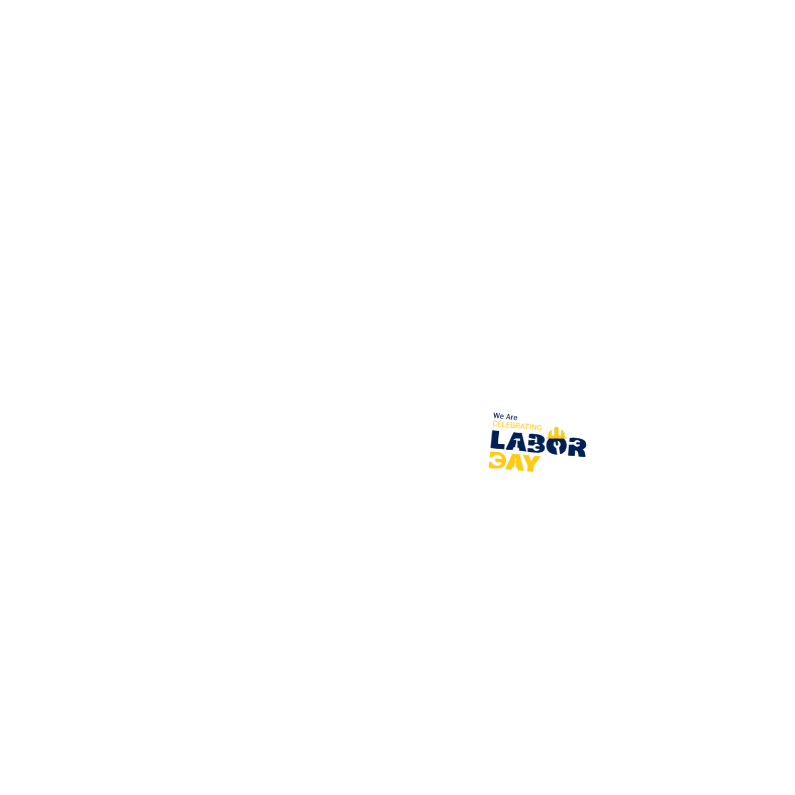




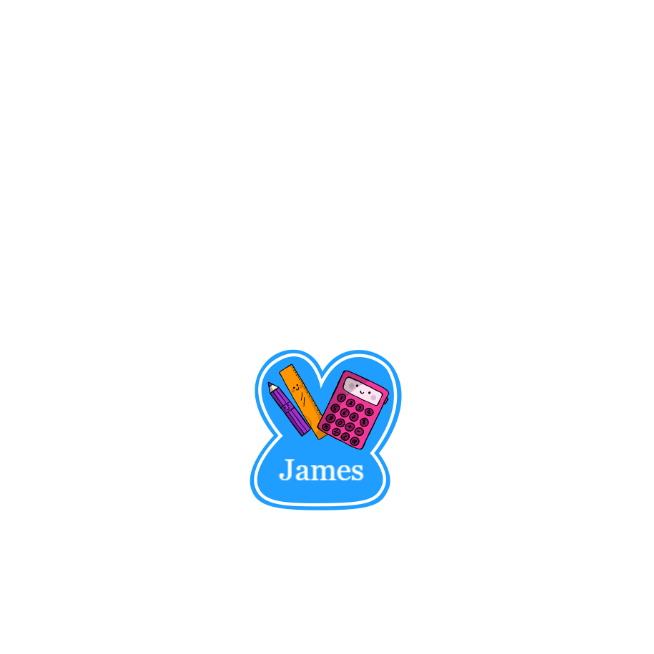
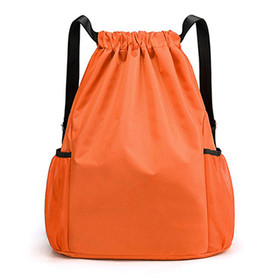
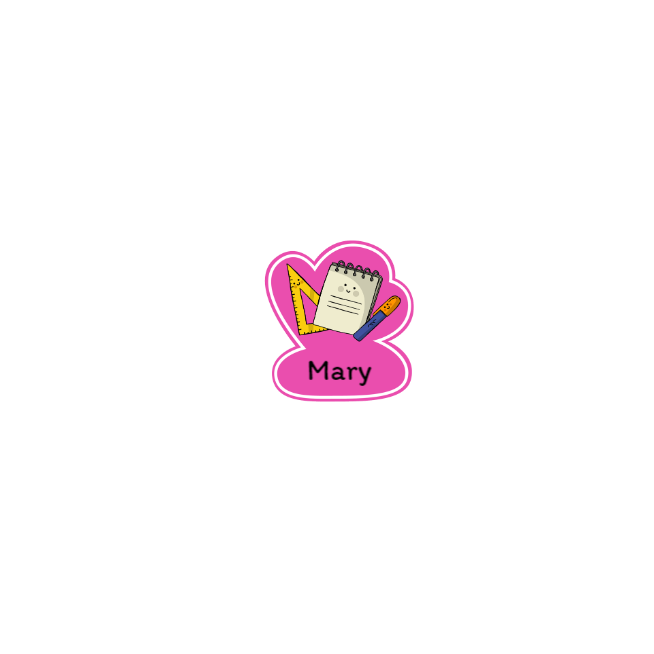
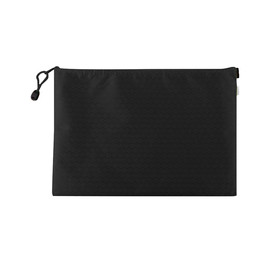




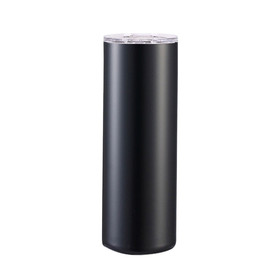



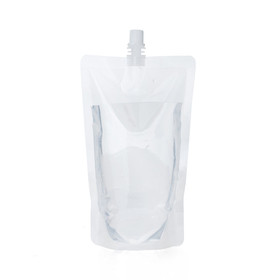


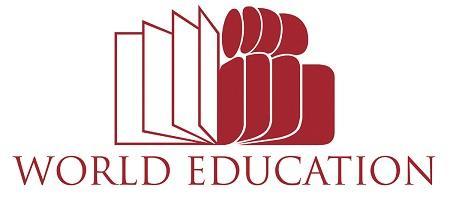
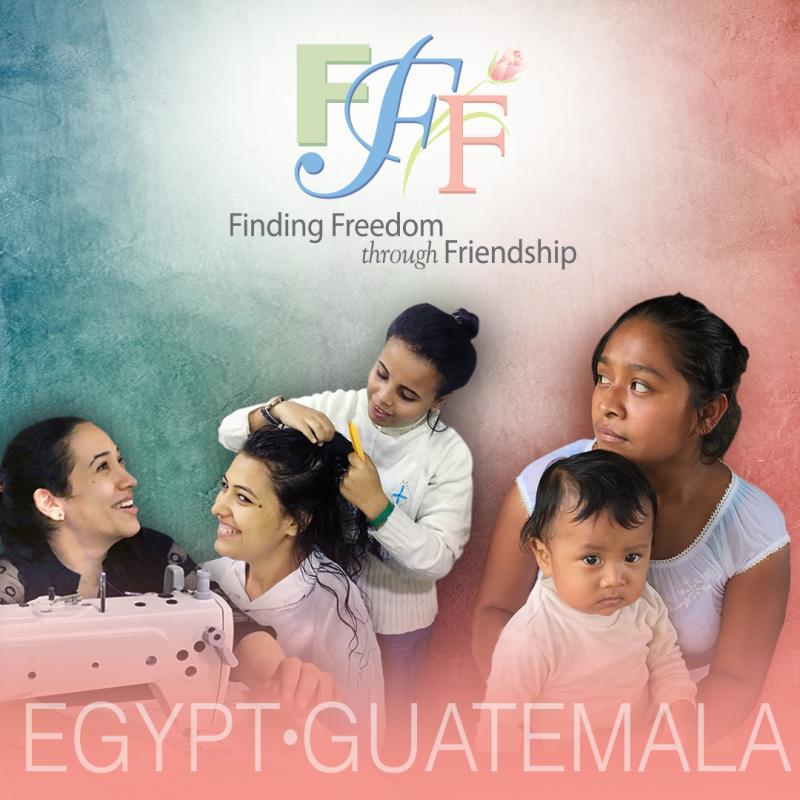


.jpg)

